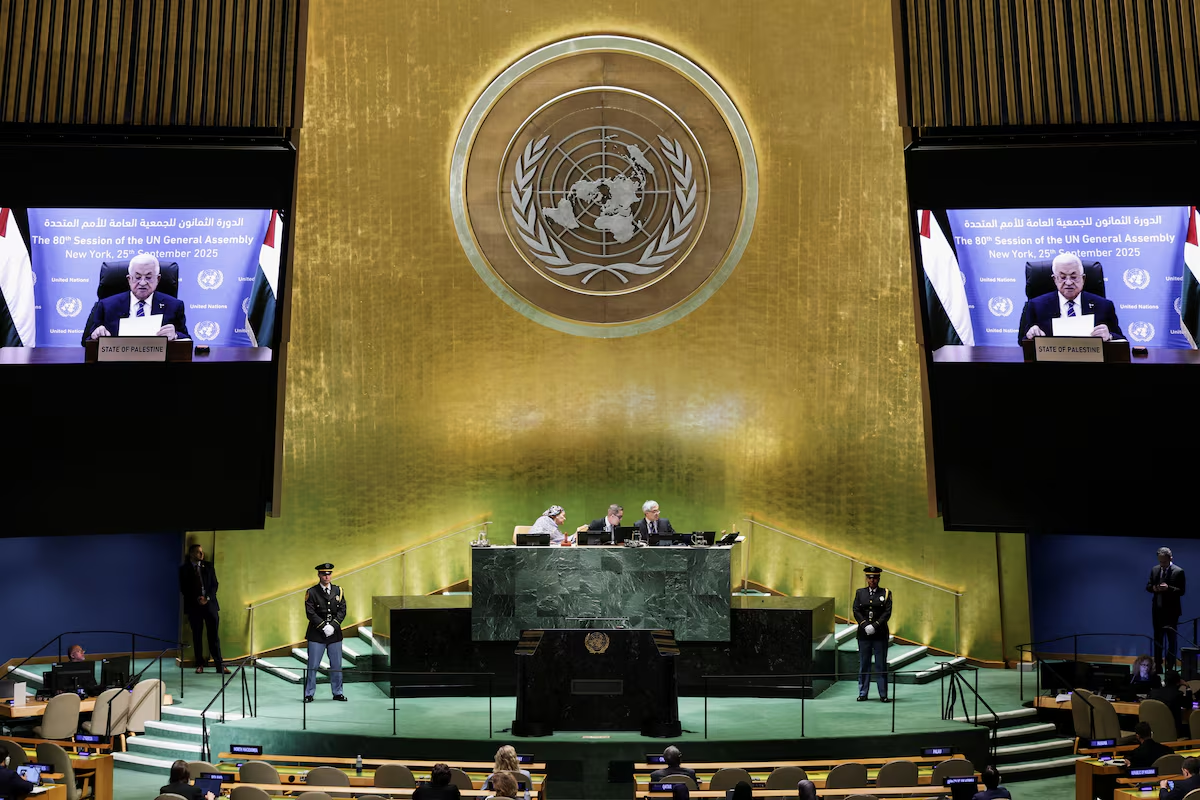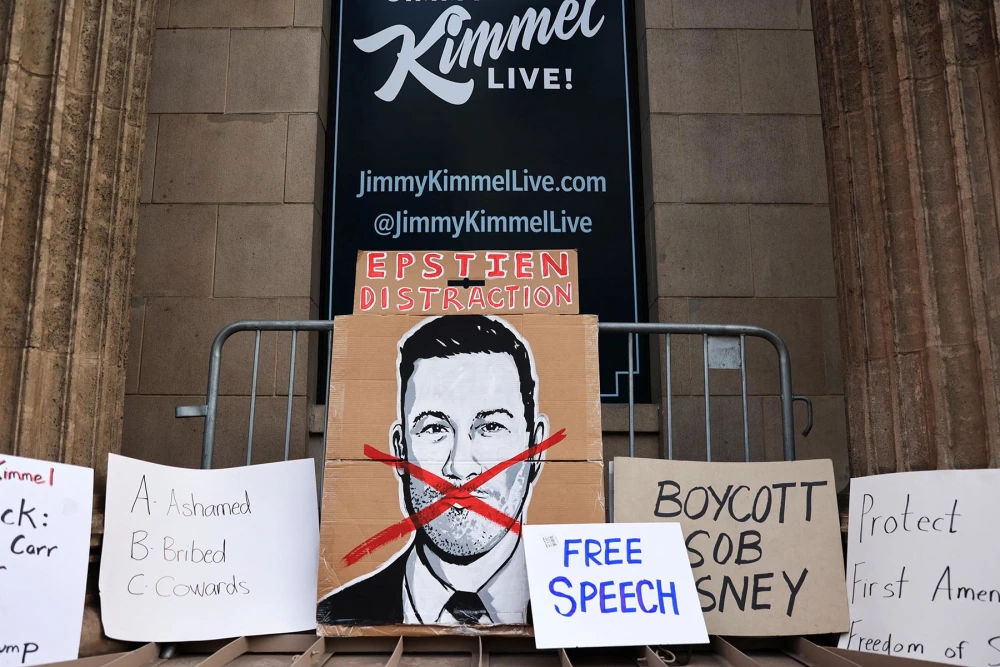After Trump’s recent victory in the 2024 presidential race, he and his allies have been discussing the future administration and its structure. Robert Kennedy Jr. is a unique and indicative aspect of the administration’s future and also highlights a new dichotomy in the Republican party.
Kennedy has been nominated by Trump as the Secretary of Health and Human Services (HHS), making it certain that Kennedy will exert significant influence. The Secretary of HHS is an immensely powerful position that holds direct influence over 11 separate agencies related to public health and financial security.
Even though Kennedy has been nominated by Trump for the position, he still requires Senate approval before he is officially appointed. Kennedy has claimed that he and Trump are aligned with their views on the health administration and related industries, allowing Kennedy free reign to pursue his health agenda.
“For too long, Americans have been crushed by the industrial food complex and drug companies who have engaged in deception, misinformation and disinformation when it comes to Public Health,” Trump said in a post on X.
Kennedy outlined the three goals of his role in the Trump administration.
“One, clean up the corruption at the agencies particularly the conflicts of interests that have turned those agencies into captive agencies … Two, to return those agencies to the gold standard science … Number three, to make America healthy again and to end the chronic disease epidemic,” Kennedy said.
Many healthcare professionals have found issues with Kennedy in a position of power in the healthcare agencies. Citing Kennedy’s controversial opinions about vaccines and other products in the market, many professionals call Kenndy dangerous and conspiratorial. Kennedy has pushed back on this.
“If vaccines are working for somebody, I’m not going to take them away. People ought to have a choice, and that choice ought to be informed by the best information,” Kennedy said.
While Kennedy says this, his overall ideology and characterization of the federal agencies and health industries are very hostile to established power.
“The problem could be fixed with regulation, but the pharmaceutical industry is … a criminal enterprise,” Kennedy said on a podcast.
Kennedy has spoken about eliminating many of those in the federal departments from their positions. Kennedy claims that many of those in charge of the regulatory agencies have failed in their duties and need to go.
“Like the nutrition departments … they’re not protecting our kids. Why do we have Fruit Loops in this country that have 18 or 19 ingredients, and you go to Canada, and it’s got two or three?” Kennedy said.
Kennedy and Trump still differ in many areas, with Trump commenting on Kennedy during his election victory speech, saying he needs to stay away from the U.S. energy production in relation to oil.
However, Kennedy has expressed an understanding of some of the differences between himself and Trump, seeing his pro-environment views as reconcilable with Trump’s pro-fracking views.
“The most important thing you can do about carbon is to fix our soils, to do regenerative agriculture … We could absorb 100% of the carbon and get us down to pre-industrial levels and that’s part of the role that I hope to play in government,” Kennedy said.
The placement of Kennedy in such a high and influential role in the Trump administration indicates an overall trend in the coming Trump administration, which is continually taking on a more ideologically mixed flavor.
This is further observable with Trump not inviting Nikki Haley and Mike Pompeo, both leading figures of neo-conservative ideology in the Republican party, to his new administration. Trump’s interest in involving Elon Musk and his recent appointment of Pete Hegseth as Secretary of Defense in the administration are also arguably anti-establishment.
Trump’s recent appointment of the historically hawkish Mike Waltz as National Security Adviser, also a leading neo-conservative figure, may give some with anti-establishment hopes cause for worry.
The dichotomy of anti-establishment figures and neo-conservatives highlights the state of the Republican party, which is becoming more and more of a coalition of ideologies — in a similar way that the Democratic party is.
Kennedy is radically different in political persuasion from these other Republicans. The concept of radically different political ideologies finding a home in a single administration is alien to the Republican party and will likely cause unpredictable relationships to form, shift and break in the coming Trump administration.









